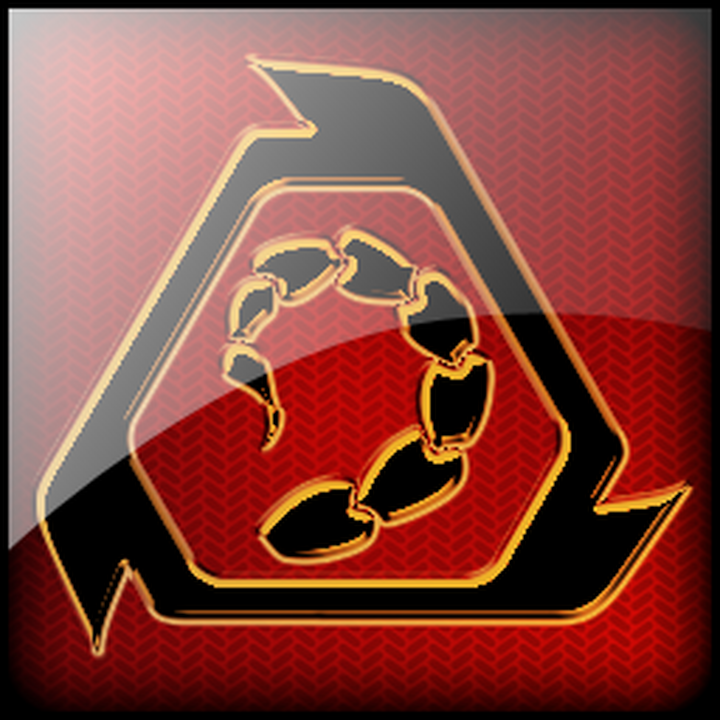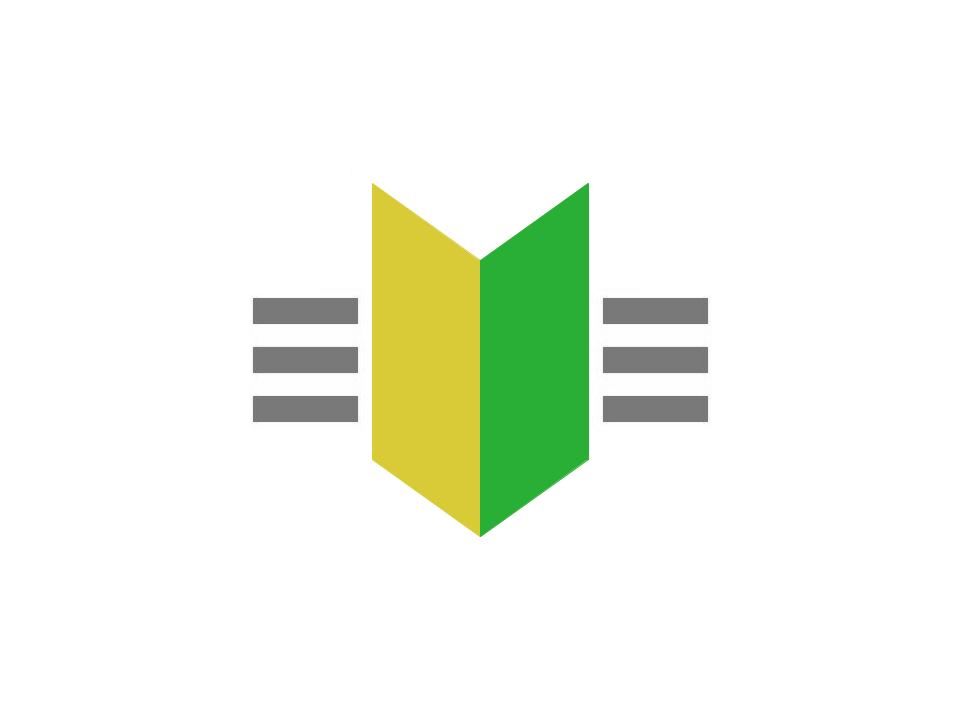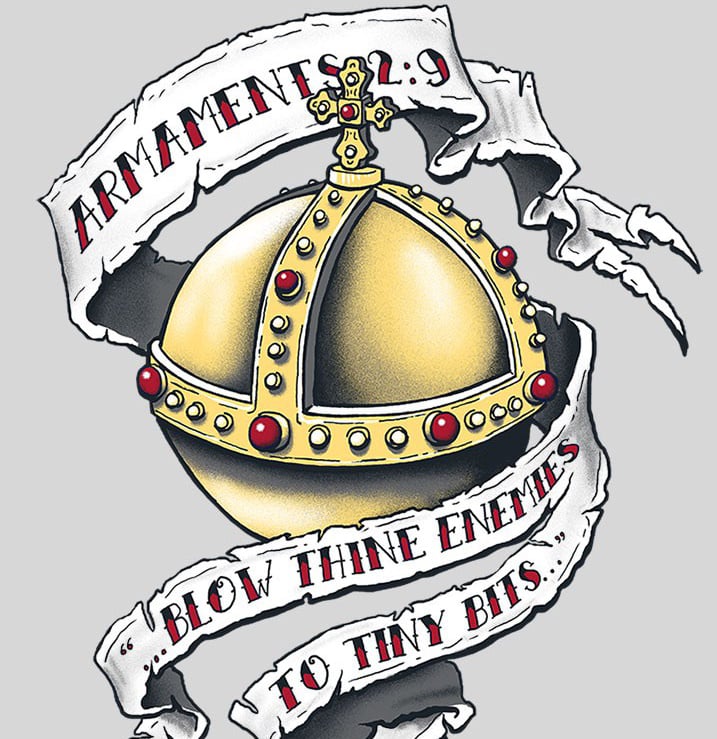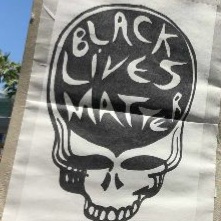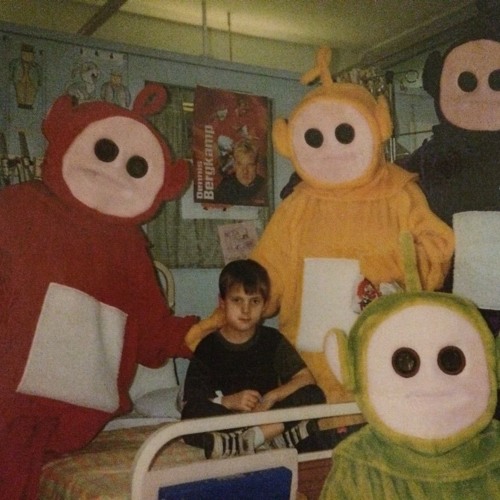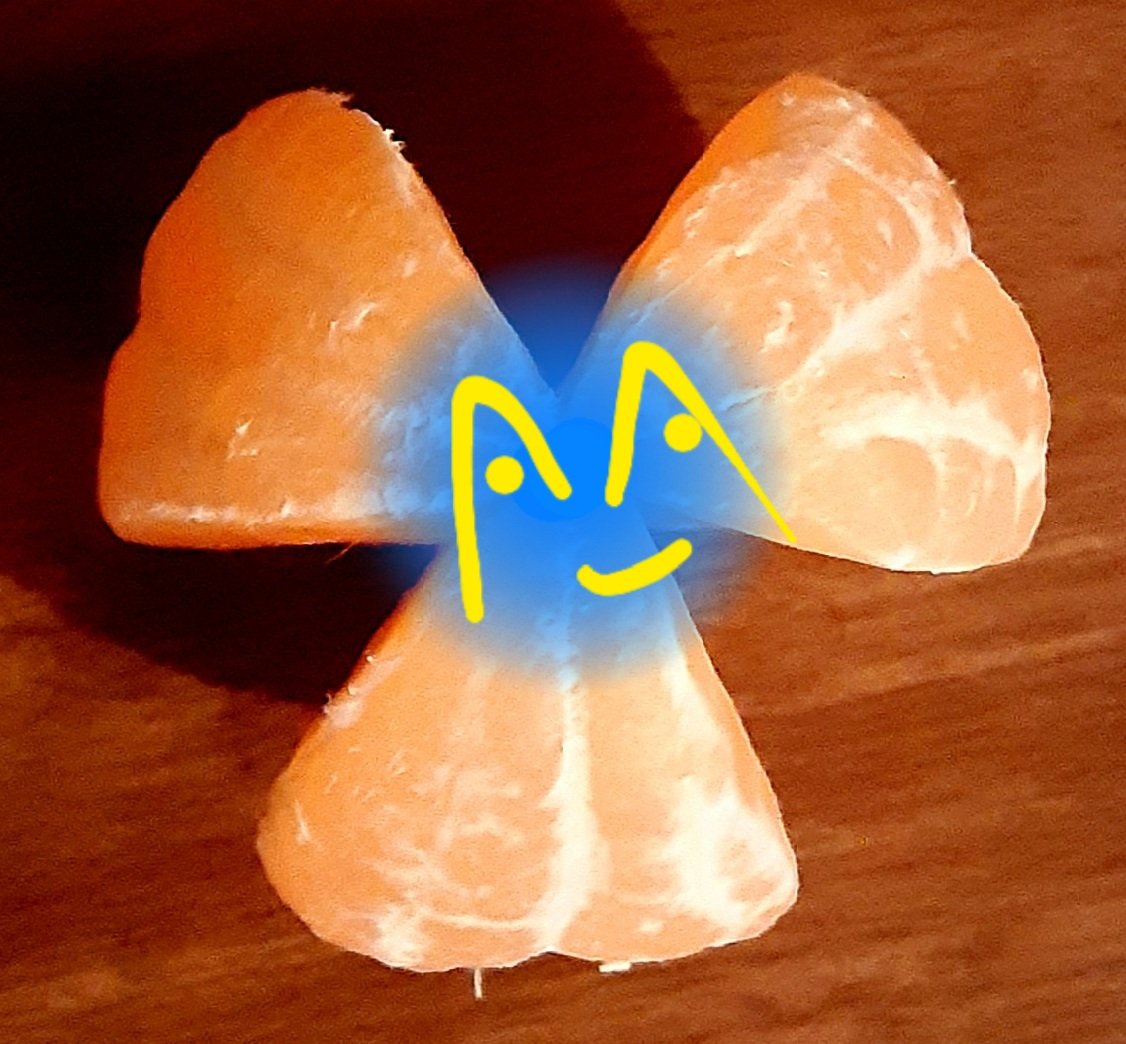I had to look this up. What the fuck? They came up with numbers up to 60 and then just said “eh, fuck it” and made 70 “sixty-ten”, 80 “four-twenties” and 90 “four twenties ten”.
In francophone Switzerland, they use septante, huitante, and nonante for 70, 80, and 90, respectively. Much more sensical, imo.
Swiss French is what French should have always been imo
Should a language be something else that the product of what those speaking make of it? :)
For any other language? The people who speak it decide. For specifically French? They decided 90 should be “four times twenty and ten” and thereby forfeited their linguistic rights.
Funny you say that, the French are I believe the only nation to have come up with an institution specifically tasked with regulating the French language : l’Académie Française.
They have been around for almost 400 years, are rife with corruption, have produced a new version of the “official” dictionary every 50 years on average (and it’s not even a good one), a single grammar book that was so bad and full of ridiculous mistakes that the linguist community have been laughting at them continuously since then, and of the 40 members (for life) none has been a linguist since 1903. And although their enormous wealth has been subsidised by the taxpayers since its creation, the French governement has waited until 2015 to FINALLY require them to submit their accounting to the State accounting supervisor.
So you are very right, the French have foreited their linguistic rights indeed…
The other way around. We started with base 20 everywhere then simplified some of it.
During medieval times it used to be :
10 Dix (10)
20 Vingt (20)
30 Vingt et dix (20+10)
40 Deux-vingt (2x20)
50 Deux-vingt et dix (2x20+10)
60 Trois-vingt (3x20)
70 Trois-vingt et dix (3x20+10)
80 Quatre-vingt (4x20)
90 Quatre-vingt et dix (4x20+10)Then they switched to base 10… But only up to 70 for some reasons in France. Belgium and Switzerland (and some parts of France) have gone all the way to 100 by using Septante (70), Octante or Huitante (80) and Nonante (90).
Belgians and Swiss being the premium version of France, once again. Seems like all the sensible French people packed up and left nonsense behind.
What a nice thing to say
The French earned it by continuing to use quatrevingt.
Wow, wait ! stop ! I can’t handle all this niceness !
And YOU KNOW WHAT?
Waffles > Crepes
WELL Quatre-quarts > Waffles HAH
We’re not that different with the teens. We effectively say “seven ten”, “eight ten”, “nine ten”. You don’t think of nineteen as “nine+ten”, it’s just its own number. Well, the French take that one step farther.
Maybe it’s the anglophone in me, but going 1 - 10 then 11,12 (3+10) - (9+10) then adopting a repeating pattern to infinity is more explainable than going 1-10 then 11-15 then a regular pattern for fifty numbers then getting freaky with that pattern up to 100, then keep that pattern until one thousand, then just repeat that pattern til infinity.
Wait until you hear what the Danes do.
Why is “97” “7 + [-½+5] x 20” in Danish?
Normal children usually gain fluency in their native language by age 5. Danish children need to wait until age 7.
It’s kind of funny how aware Danes are of their weird numbers system. I speak Norwegian and whenever I’m in Denmark they use the more sensible Norwegian number system to explain to me the prices of stuff (probably because I give them the deer in the headlights-stare whenever I hear something like “fem og halvfjerds”).
I’m otherwise decently fluent in Danish (first learned nynorsk then lived in Denmark for a few years). But when numbers come out I immediately switch back to Norwegian. Fucking Danes.
They think we’re stupid and infantile for evolving past tradition.
No kidding. It’s the sort of thing that makes you think about how different people process info differently
TIL that there’s actually (kinda but not really) a method to the madness that is our numbers 😄
Thanks for the link! While I was aware of the weird numbers in Danish, this gave a great explanation and I wish I had had this info when I was forced to learn French in school. The way this vigntisian system evolved is actually quite interesting and makes so much sense. Everything makes sense now. Wow.
English: What’s that?
German: “Was ist das?”
Dutch: “Wat is dat?”
Spanish: ¿Qué es eso?
French: “qu’est-ce-que c’est ?”What. the fuck?!
Agree. But you can say “C’est quoi ?” too. More “street language” but it’s okay
«Qu’est-ce que c’est que ce bordel ?»
Hahaha “C’est quoi cette merde ?”
French-Québec : “Kossé ça?”
French also : “C’est quoi?”
… or : “Qu’est-ce?”Word for word of "qu’est-ce-que c’est ?” …
…goes like : "What’s this that this is?
…or : “What’s this which this is?”“Qu’est-ce?” sounds like the english “Case”.
Since this is just one syllable it might be difficult to hear out of context.
Edit : Delayed 8h because of DDOS attackI ended up replying to the original comment, but your translation to English made me realize that in Portuguese we commonly say “O que que é isso?” which is basically “qu’est-ce-que c’est?”
Although most French say “Qu’est-ce que c’est”, it is worthy to note that the proper/formal French is “Qu’est-ce?”. So strictly equivalent to “What is that”, word for word. :)
In Portuguese we actually can say “O que é isso?”, basically the same as in Spanish, but I’d say I use more commonly “O que que é isso?”, which seems closer to French version. Funny, had never thought about it like that.
Portuguese is what happens when a Spaniard speaks French while hungover
And the French is pronounced keskecè. Half the letters are silent because why not
Then ask someone who hasn’t learnt French how many syllables there are in “qu’est-ce que c’est ?” And watch the look of horror on their face when you tell them it’s just 3.
deleted by creator
Normally I don’t support English imperialism, as the root of the majority of the modern world’s evils, BUT
This doesn’t apply to all french speaking regions. Switzerland use septante and nonante and in some regions of the country also huitante.
was gonna say props to Switzerland and Belgium for having proper numbers :) idk why we don’t switch
Probably because the cost of switching isn’t worth it. Same reasoning as the imperial system and driving on the left (barbaric, I know)
With the exception of Eleven and Twelve, English is actually pretty good at this.
I think it was around that time in my French class, with my teacher just without any comment expecting us to take that seriously, that I decided that’s not a language I wanted to deal with.
The French is the reason English is a clusterfuck of inconsistent grammar and spelling.
Well and German, and some other Latin languages, and a bit of Nordic/Slavic languages, and all the other languages whose pockets English rifled for loose vocabulary.
I love the language, honestly, I love how completely and unapologetically a clusterfuck it is, but it’s a clusterfuck.
You are the person I’ve been waiting to recommend this book. It’s fascinating. It was wild to see everything explained. It all has very good reasons for being completely insane, but it gave me a much deeper appreciation for why it is as is.
And for those of you too lazy to read a book, here’s a podcast interview with the author:
https://99percentinvisible.org/episode/corpse-corps-horse-and-worse/
… Four Twenties Ten Nine, Hundred
999? 199? What?
he meant 99, the French read it as 4x20+10+9
The “four twenties” might seems more familiar to americans by replacing “twenties” by “score” as in : " four score and seven years ago…"
Yeah, that’s weird too.
I think this actually roots in the problems of conversion to base ten from base twelve. Not sure though, maybe I remembered this wrong.
Being lazy and not going to look it up. I can’t help it to wonder if it’s also based in Sumerian’s base 60
It’s base 20.
80 in French is 4 x 20. A long time ago, 60 was “trois-vingt”, 3 x 20. We still have a hospital in Paris called “Hopital des Quinze-Vingts”, 15 x 20 because it used to have 300 beds.
Oh, neat! Thanks for clearing this up.
“seventeen, eighteen, nineteen… ten… ten ten”
On a similar note: In German, “seven hundred fifty three” would be said as “seven hundred three and fifty”.
At least it’s consistent - starting at “thirteen” , which is “three ten”, up to ninety nine, which is “nine and ninety”, the multiples of ten come last.
It is pretty annoying, though, when a number like 123’456’789 is spoken as 132-465-798, though.
Apparently, it’s because in old Germanic, the numbers were spoken “backwards” (one hundred twenty three being spoken as “three and twenty and hundred”), and we only partially reversed that.
Deutsch: 2andThirty
Dickensian English: in the year eighteen hundred four-and-thirty
Much more regular than English where you have seven-teen but then seventy-one. To be consistent you’d need to switch to either teen-seven or one-seventy.
I’m okay with saying seven, ten-seven, twenty-seven, etc…
Obligatory https://m.youtube.com/watch?v=9rmBqIFeHN8
